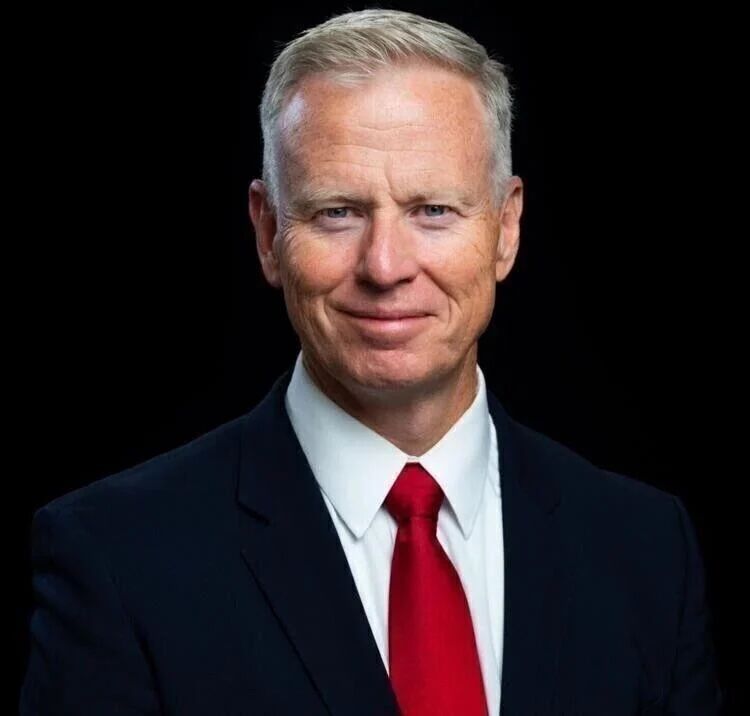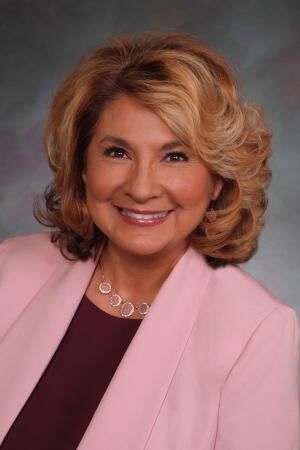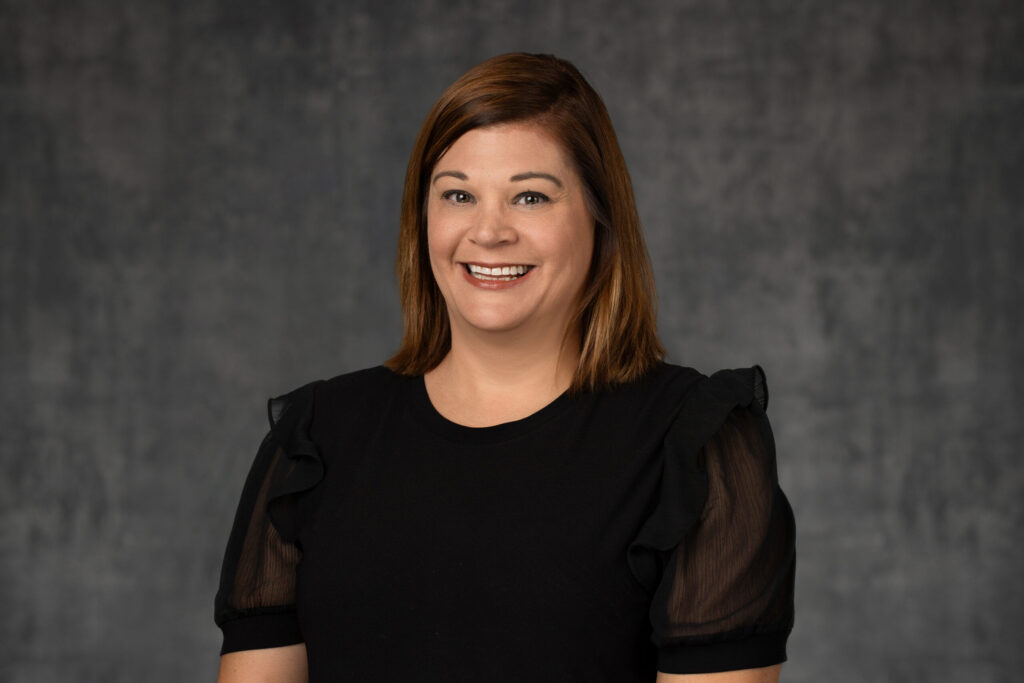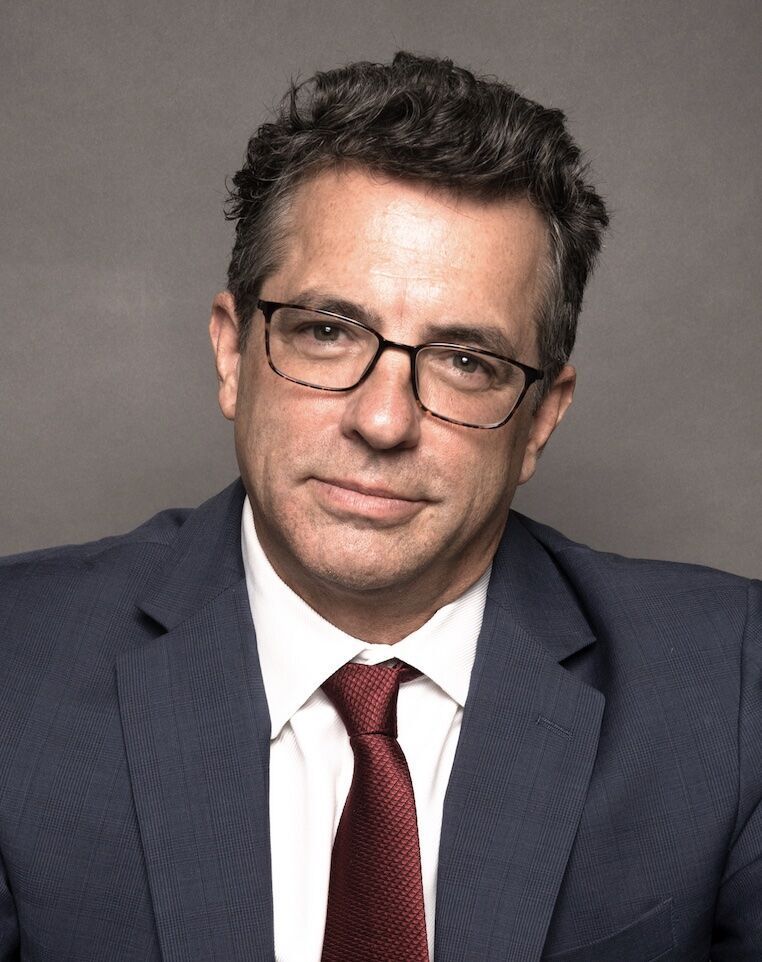Jones: Thank you for the recognition, but educating students requires more than free food

Free burritos, free tacos and margaritas and discounted fried chicken sandwiches. These aren’t the happy hour specials at the local bar, but tokens of appreciation awarded to educators during Teacher Appreciation week. I understand the good intentions – and I love a good margarita – but does our society make these same offers to physicians, engineers or architects? Of course not, because this would be perceived as condescending to those professions. As education professionals, we deserve the same public accord as other august professions.
A couple of weeks ago, I attended the White House celebration commemorating Teacher Appreciation Week. This recognition solidified why I am honored to be a professional educator and, at the same time, why I am frustrated with the current state of the teaching profession. Here in Colorado, I am frustrated with how the public and media perceive teachers.
The accomplishments of my peers in classrooms around the country are incredible, but these achievements come at a cost. Teachers put in countless hours outside of the classroom grading, preparing lesson plans, complying with enormous paperwork requirements and going back to school or receiving training and professional development. On average, teachers spend $500 per year on student supplies because many families and schools do not have the funds to purchase necessary learning tools for students. However, the Bureau of Labor Statistics estimates the average teacher salary in Colorado is just slightly more than $50,000 a year, with starting salaries at $38,000 – even for teachers with an advanced degree.
In Colorado, a new website – billed as a helpful tool for teachers to make some additional cash – is all over the news. This website is dedicated to helping teachers find second or side jobs in any number of fields, including construction, lawn care or pet sitting. In reality, the mere existence of this website underscores how little our society pays – and therefore values – teachers. According to a recent report from the Center for American Progress, 20 percent of Colorado’s educators need secondary jobs to supplement stagnant incomes.
Rather than free food or a website to help educators find side gigs in home repair or babysitting, what teachers in Colorado and across the country really need are education systems and policies that support our teachers directly.
I am committed to furthering the dialogue and action necessary to create change in our K-12 system, and am heartened by national coalitions like TeachStrong. TeachStrong unites 60 diverse education organizations seeking to make systematic policy changes that support teachers from the beginning of their career to the end. TeachStrong’s coalition includes teachers unions, teacher voice organizations, and education reform, civil rights and education policy leaders – groups that have come together to make modernizing and elevating the teaching profession the top education policy issue of 2016. Plus, they’ve united nearly 100 TeachStrong Ambassador teachers like myself to advocate for the policy changes that teachers need – including higher pay.
The nine TeachStrong principles call for a profession in which all teachers are prepared to enter the classroom, are well compensated throughout their careers and have the time, resources and professional growth they need to remain in the profession. The TeachStrong campaign seeks to abandon the outdated rhetoric of “appreciating teachers” with free burritos and other tokens in favor of more systemic change. If we plan on making teaching a career that is attractive to college graduates and mid-career professionals, we have to better prepare, pay and support teachers. TeachStrong is fighting for this change, and we must do the same in Colorado.
If we want to show that we truly value teachers, we must go beyond free food, a single week of appreciation and websites to match teachers with second jobs. Instead, we must support professional educators by modernizing the teaching profession and increasing teachers’ salaries. One week isn’t enough to cultivate the strongest teacher workforce possible. We need policy change in support of teachers to improve America’s educational system for all students.














